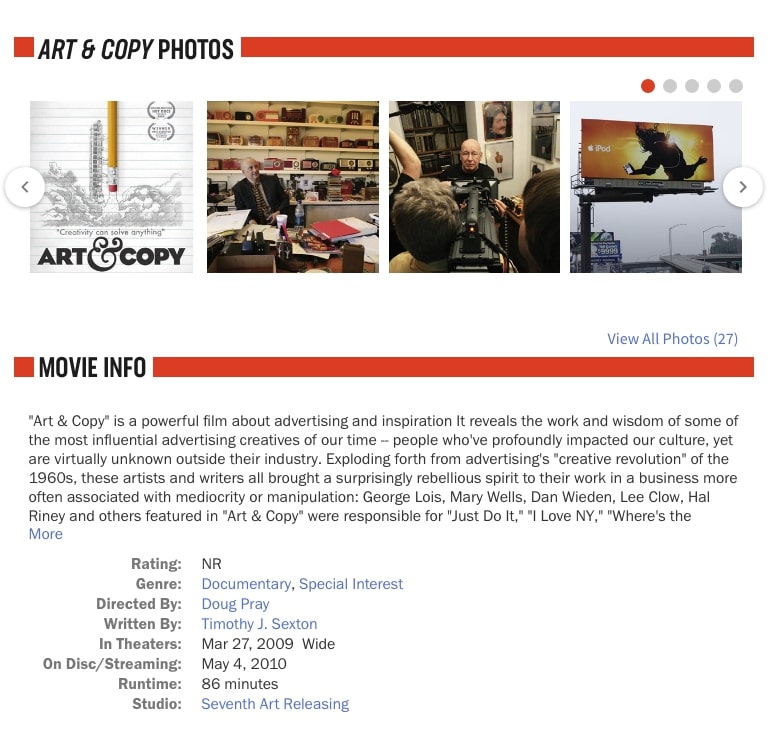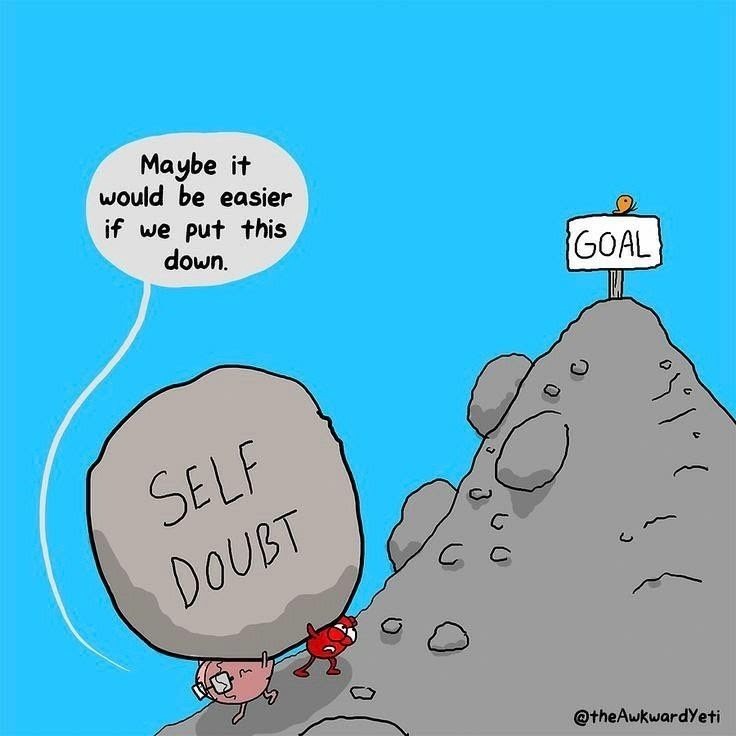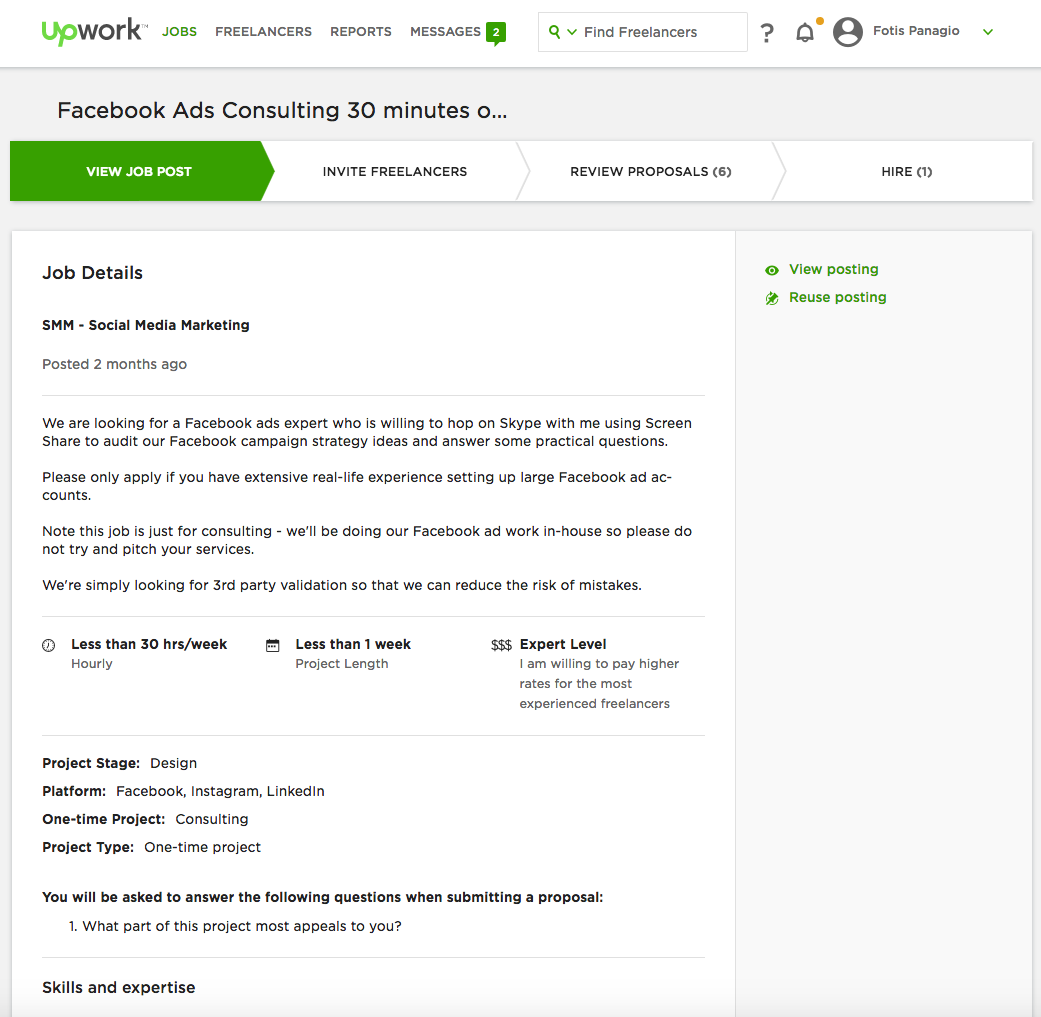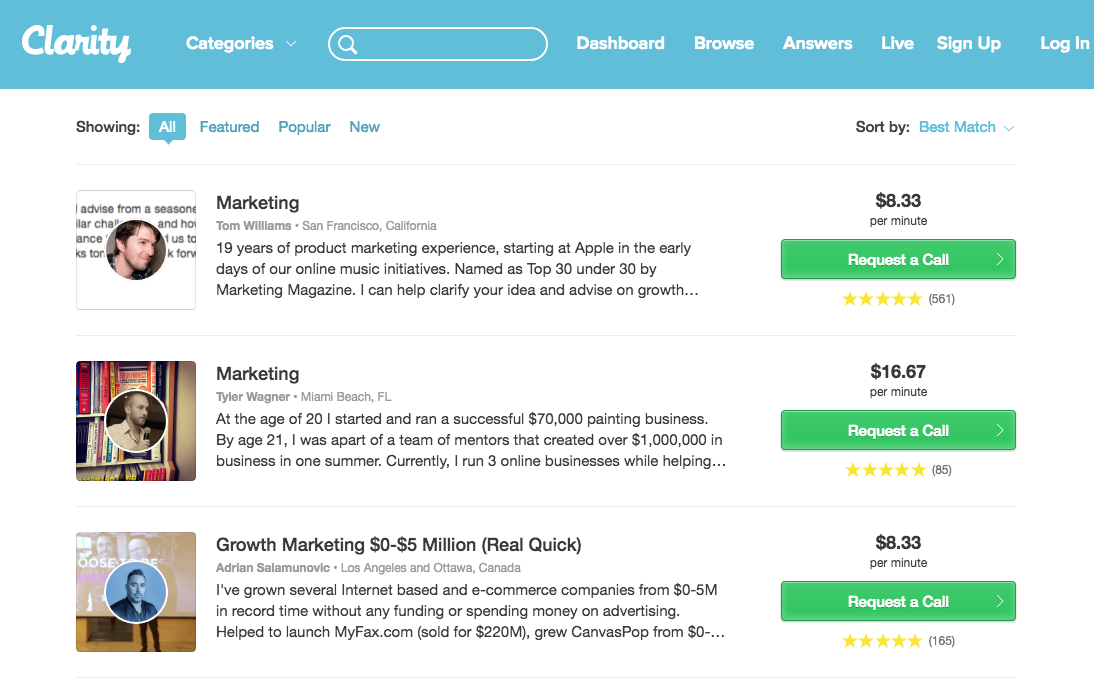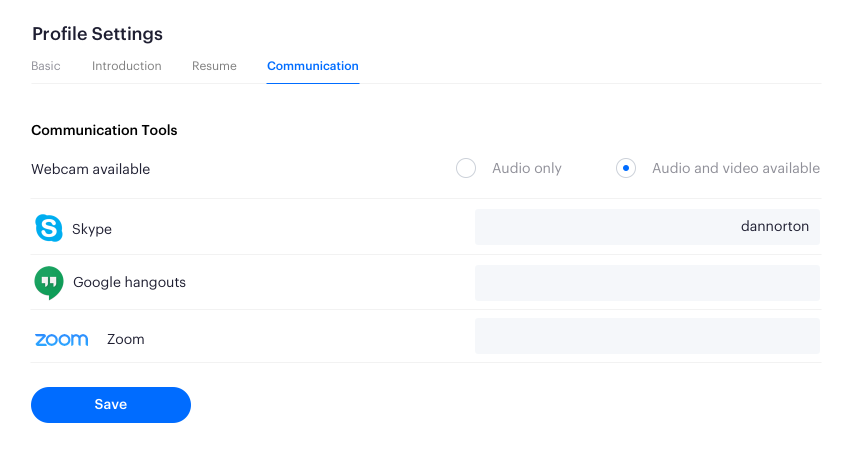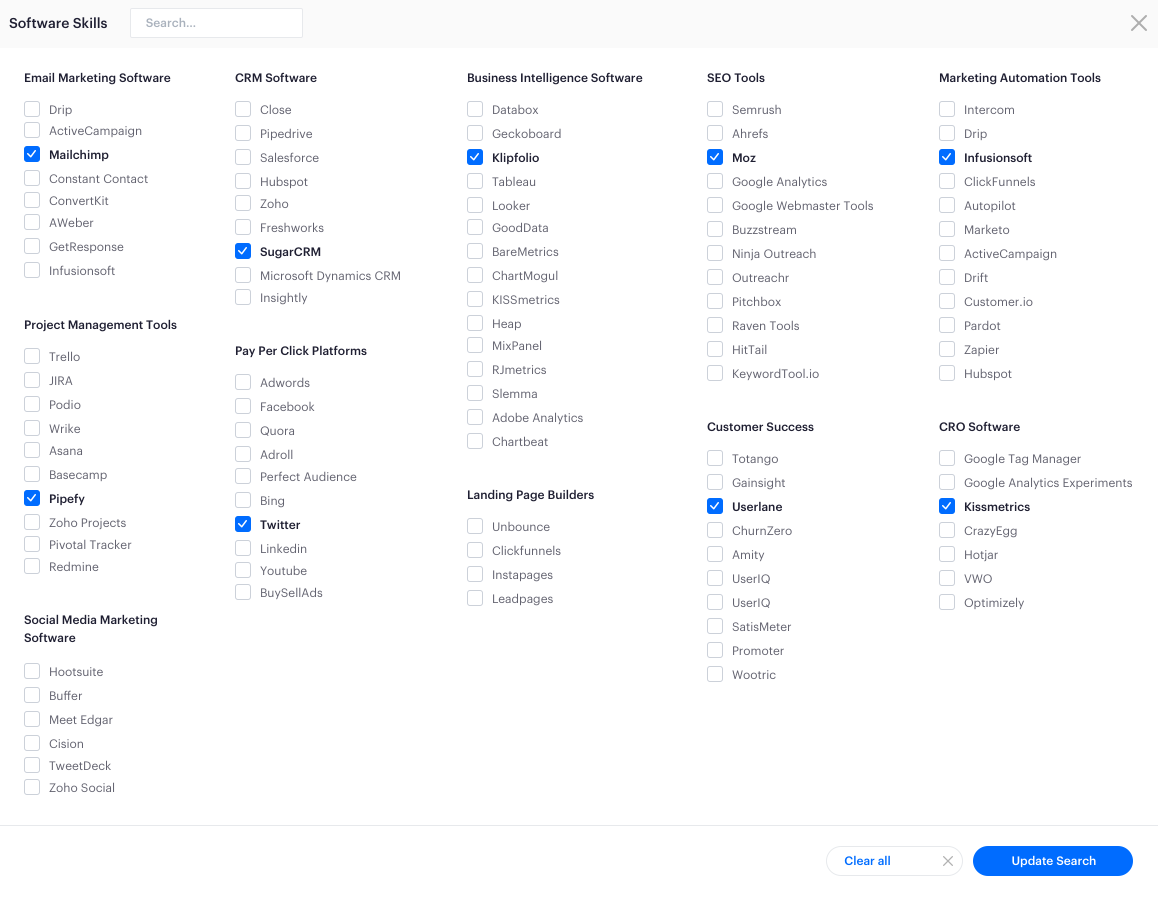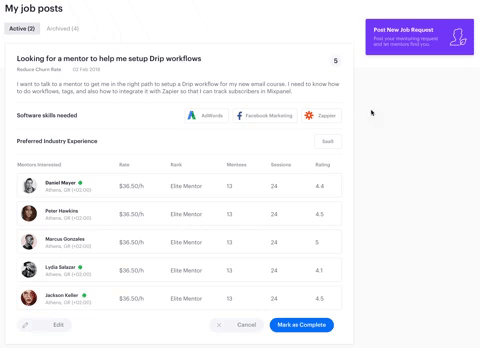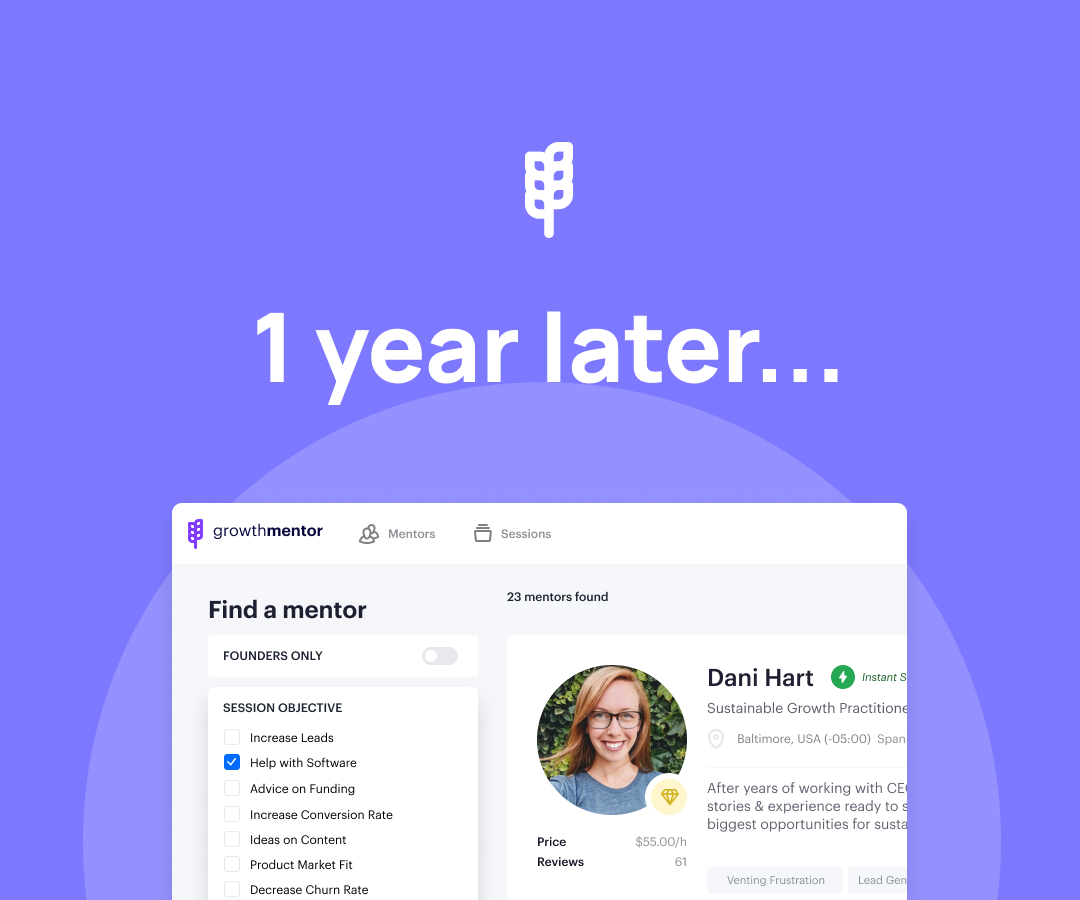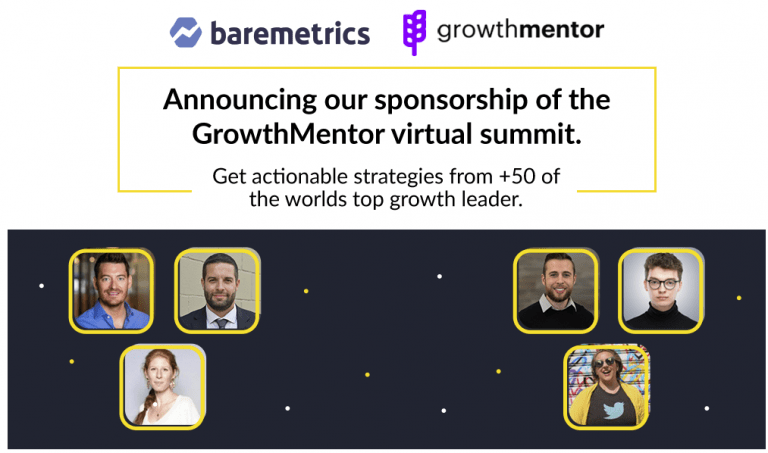Building a Platform to Scratch My Own Itch
Are you a solo founder or marketer?
Then you probably LOVE the agility of being able to make your own decisions without having to get approval from investors or a co-founder.
But if you’re like me, you are NOT a fan of the physical sensation of exhaustion after a day of having to make dozens of important decisions by yourself.
If you’re the only one calling the shots, it’s really common to second guess yourself.
The splinters start with small questions that spark an internal critical dialogue with yourself.
- Am I tracking the right KPIs?
- Have I overextended my reach?
- Should I even bother with that channel?
- Did I make a mistake in migrating off of Mailchimp?
These little questions snowball into bigger questions, more doubt, and more anxiety.
This increases the risk that you’ll do something stupid and rash.
I know because it’s happened to me (many times!)…
The story behind the idea
I graduated from University with a Finance degree back in the summer of 2007.
Obviously, I wasn’t going to get a job in finance that year, and probably not the next year either.
So I put my shiny new degree in a cardboard box, doused it in gasoline and lit myself a little bonfire.
It was time to pivot.
I thought about a career in journalism but then realized there was no money it. Thanks to the degree which was now set in flames, I had developed a taste for analytics, and data-driven decision making.
Enter the world of online marketing and SEO.
I was fascinated with the idea that ROI could be quantified in ways that traditional advertisers could only dream of.
Long story short, that summer I started working at EuroVPS, and 12 years later, I’m the VP of Growth Marketing.
Some of the things that I do:
- Product positioning and development and CRO
- CPC campaigns; campaign architecture, CAC tracking, funnel management
- SEO; Offsite and onsite, link-building, keyword research, analytics, tracking, KPI monitoring, SERPS tracking
- Content marketing; topic ideation, funnel management
- Social Media; brand voice, messaging topic points, relationship building
- Marketing automation; email marketing, workflows, campaign management and architecture
- Operational functions; Customer service/success and process architecture.
I delegate tasks to a team of in-house staff as well as geographically distributed freelancers and have worked with hundreds of freelancers, dozens of consultants, and a handful of high-end agencies.
Nonetheless, I still end up making 99% of the strategic decisions myself (with less than 99% confidence).
The spark behind the idea
Fast forward to June 2017.
I arrive home after a long day writing tweaking Adwords headlines, testing Facebook audience sets, and answering boring support tickets.
I decided to relax and watch a documentary called Art & Copy, which one of my friends recommended I watch.
This documentary goes over the stories of how slogans like “Just Do It,” “Got Milk” were created, and the advertising genius behind them. It really inspired me and made me appreciate the behind the scenes sweat and tears that go into anything that’s truly great.
I thought to myself how awesome it’d be if I could only kidnap them or somehow connect with those advertising geniuses for a short chit-chat.
- What would I ask them?
- What could they tell me?
- Would they spot an obvious truth that’s hidden in plain sight from me?
Damn.
The realization that I lacked a professional community to bounce ideas off of became clear. Nobody to talk to about my ideas, my strategies, it’s just me. Boo hoo.
It was at this point that I realized that I was desperately craving professional validation, but I didn’t know where I could find it.
I didn’t live in San Francisco or some other trendy startup hub.
I lived in a small city on a tiny island in the Mediterranean.
My in-house team is mostly product engineers and system administrators who couldn’t offer the affirmation I was seeking. Even though I had a decent sized professional network on Skype, I felt guilty bothering them with questions and requests for feedback. But when I offered them money for their time, they’d get offended!
For me, an itch is an idea, problem challenge, etc. And this was an itch I intended to get rid of.
The (healthy) need for validation.
I believe that my craving for validation is rooted in decision-fatigue.
Founders and full-stack growth marketers have to make a LOT of decisions.
This can get exhausting, especially if you’ve got multiple good ideas on how to do something, but aren’t sure which to choose. It’s moments like these when we desperately crave some level of validation.
I found myself thinking:
“If I am craving validation then does that mean that I don’t believe in myself? Am I not qualified to make these decisions?”
But self-doubt is not a symptom of incompetence.
Actually, incompetent people are usually the surest of themselves.
It just means, you may need someone else’s opinion, and smart people like it when their ideas are challenged.
I’ve been actively working in digital marketing for over a decade yet still feel like there’s a mountain that I do not know. I’m constantly learning, and will always probably feel like a complete noob.
But I’m 100% cool with that!
Wanting validation is normal, even for experts!
Getting depressed because you’re not getting double-digit likes on your latest selfie is definitely not healthy.
To be clear, we are talking about professional validation from people we know to be more experienced than us in our craft.
And I don’t mean validation from people like your girlfriend, boyfriend, parents, or friends who know nothing about your business or industry. No – their opinions are the ones you listen to in your personal life. When it comes to work – smile, nod, and keep doing what you do.
However, input and perspectives from similarly skilled and experienced professionals in your field are extremely valuable. When you’re a solo marketer or a solo founder — those kinds of perspectives are in seriously short supply.
It seems that no matter how many epic “ultimate guide” blog posts you read or expensive online courses we complete, we’re still left feeling like there’s something missing…
Corroborating with experts for validation
Getting validation is subjective.
What’s validation to me, might not be validation to you.
Once you add in the risk of confirmation bias (the tendency to believe what we want to believe by cherry-picking the evidence that suits our narrative) it’s pretty clear to see how elusive true validation can be.
This is why I like to seek advice from people that I know have no hesitation to challenge my beliefs and are not “afraid to hurt my feelings.”
How did I achieve this?
I used Upwork.
Instead of posting jobs for freelancers to “do-it-for-me” I’d post jobs for freelancers to have 60 minute Skype calls with me.
Here’s an example of a typical job posting:
When I want to learn how to do something new I always prefer active learning vs. passive learning.
- Spend no more than one-day consuming data (while taking notes)
- Dive right into it and learn by doing. Avoid the comfort zone at all costs. For example, in the case of a new PPC channel, since real-money is at stake, I’ll create campaigns, adsets, ads, and the whole nine yards, but just not set them live yet.
- After I’ve given it my best shot, I’ll create a job posting on Upwork to talk to a verified expert to answer any final questions and audit my work.
I became addicted to posting these sort of jobs on Upwork
And for good reason.
They worked!
Benefits of the calls:
-
- Increased my confidence to forge forwards and execute. It feels really great to hear from an expert with more experience than you that “you’ve set it up great! good job!”
- Decreased my indecisiveness and decision paralysis dramatically.
- Learned tips and tricks relevant to my specific workflows and toolkit. You never know what gold nugget of inside-information you’ll glean from a 30-minute call.
- Built new relationships with really interesting people that I can contact again in the future for outsourcing gigs, or casually asking for some ad-hoc feedback on Skype.
- I get to rubber duck myself (rubber ducking is basically all about talking through a problem out loud, which activates a part of your brain that helps at problem-solving).
(On hiring vs. doing it yourself)
After this process, I’m in a much better state of mind to decide whether I want to continue doing this specific task inhouse, or whether I should delegate it.
If there’s a low ROI on my time doing it, or if the task is boring and unfulfilling, I usually hire a freelancer or agency to do it for me.
But I’ll never hire for a job without going through my 3-step learning process above.
Creating an easier and more pleasant way to connect
I love connecting with like-minded people and learning from their journeys, but I also like being fair.
Successful and smart people are usually always busy, and I feel like a jack-ass emailing them asking for their time without compensation.
Which is why I could never find a growth mentor using the cold-outreach method.
It’s just not my style.
But on the other hand, I don’t want to pay the $5 and $8 per minute rates like you’ll find on other “expert” platforms like Clarity.fm.
I’m not trying to bash them.
I’ve used Clarity.fm before and think it’s a great platform. I just think that certain things can definitely be improved.
Building a platform to cure the itch, not just scratch it
Watching Art & Copy was the trigger.
On June 18th, 2017 I registered GrowthMentor.io.
I decided I wanted to create a platform that I would use myself.
Obviously, since I first started thinking of this idea, I’ve spent countless hours dwelling over it from a “product” point of view.
There are already so many platforms out there that try and monetize professional connections over a call-bridge.
So what will differentiate Growthmentor.io?
Here are some of the initial core ideas
1. Platform Agnostic
We’ll be offering an open-platform where you can use Skype, Google Hangouts, Zoom, telephone, or any other communication platform you want to connect with your growth mentor.
We’re not interested in trying to control the communication channel via WebRTC like many of the other platforms out there.
Benefits:
- Zero lock-in.
- We have trust in our community. We’re not paranoid.
- You can do share screen, review your work together, and then easily record your screen to review and get value from later.
2. Straight-Forward Pricing
We think that per minute billing creates anxiety and raises questions such as:
- “Am I going to go over my time?
- “What will the total bill be?”
Instead of a per minute charge – you’ll be able to buy blocks of 15 minutes, 30 minutes, or 60 minutes with fixed pricing.
It’s up to the growth mentor and the mentee to disengage the call after the time is up.
15 Minutes:
Perfect for a couple of quick questions or a brief chat about tools or best practices. You can say a lot in 15 minutes if you’re a quick and efficient conversationalist!
30 Minutes:
Enough time to go over a bunch of stuff and really get into the nitty-gritty about your business case and scenario. The sweet spot before conversation fatigue starts setting in.
60 Minutes:
Good idea to have an outline of what you’d like to talk about prepared. Ideal if you want to bring a few team members into the call so that everyone can get their say in.
3. Practical Applications (Software Specific)
High-level business mentorship is great, but we’re not restricting this to just that.
If you want help with specific software, go for it.
You’re purchasing blocks of time that you can use to discuss whatever you want.
We want to make it extremely easy to be able to filter growth mentors based on what software they have experience in.
There should be no limits to what a growth mentor can help you with:
- If you’ve got some doubts on how you’re setting up your Drip.co or Activecampaign workflows
- If you’re not sure if you should cancel Intercom and move to Drift.
- If you’ve got a persistent feeling in your gut that your social messaging is too self-absorbed but you’re just not sure
- If you just launched a Facebook lead magnet campaign and want to get a second opinion on how you setup your demographic targeting so you can decrease your cost per lead
- If you are curious how other people segment their customer list
- If you just want to talk to someone about how stressed out you are at work!
Some might say that this steps on the toes of consultants or freelancers, but seriously, who cares?
My goal is to solve problems, not fight over semantics (mentor vs. coach vs. freelancer vs. consultant vs. expert).
4. “Vetted” Battle-Hardened Mentors
All growth mentors will be interviewed and screened to make sure they have the experience, skills, and personality type needed to be as helpful as possible to mentees.
The idea (at the beginning at least) is to stay very niche’ and focus on recruiting only full-stack growth marketers or founders that have displayed verifiable success growing businesses online.
We’re going to use Stripe Connect and will monetize by taking an industry standard 15% commission. No funny business.
Interested in becoming a Growth Mentor?
5. Ability to post requests for help
Do you need help with something specific?
Do you want mentors to contact you if they are interested in helping you?
Just post what you want help with and sit back and filter the applicants!
6. Ability to book “Instant Session”
Have you ever been shaken awake in the middle of the night by a dream that featured a mind-blowingly amazing idea and desperately wanted to talk about it with someone but nobody was there to listen?
That’s not a problem anymore with instant sessions.
Growth mentors can set easily toggle their availability for instant sessions. Filter through mentors that are online and ready to talk immediately.
We’re looking for early adopters (and feedback)!
At the moment, we’re about 3 weeks away from a closed-BETA run of the platform.
We’re currently working hard to recruit the best full-stack growth marketers and successful founders onto our mentor platform while our team of developers are finishing the last touches on the platform.
And in case anyone’s wondering, to combat the chicken vs. egg issue, we’re focusing on supply first.
Without it, nothing else really matters.
So if your expertise is worth sharing, we’d love to hear from you!
Any feedback we get at this early stage is extremely valuable so please leave comments below!


